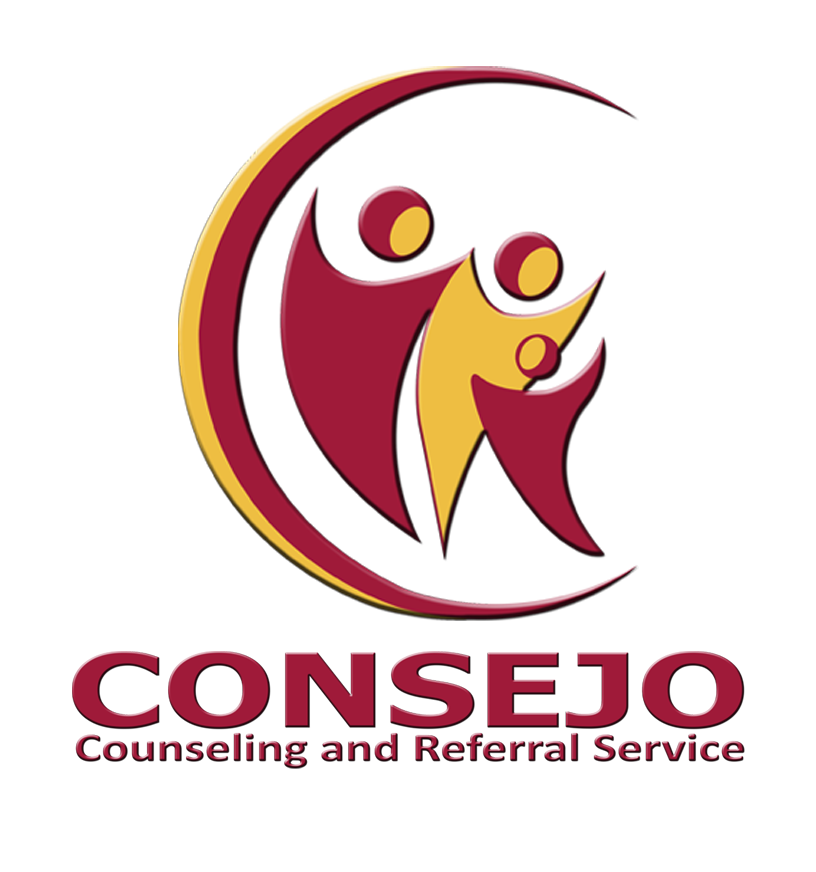Need Someone to Talk to? Call or Text 988
988 is a direct connection to compassionate, accessible care and support for anyone experiencing mental health-related distress. Whether that distress is a suicide crisis, mental health or substance use issue, or any other kind of emotional distress, help is available
Here's how 988 can help:
Confidential Support
24/7 Availability
Multilingual Services
Follow-Up Care
The 24-Hour Crisis Line provides immediate help to individuals, families, and friends of people in emotional crisis. We can help you determine if you or your loved one needs professional consultation and we can link you to the appropriate services. We are a primary source for linking residents to emergency mental health services in King, Pierce, Clark, Skamania, Klickitat, Grant, Okanogan, Chelan, and Douglas Counties.
If you or someone you know is experiencing domestic violence, help is available 24/7. Call the National Domestic Violence Hotline at 1-800-799-SAFE (7233) to speak with a trained advocate who can provide confidential support, information, and resources. The hotline offers services in multiple languages and can connect you with local shelters, legal advice, and other support services to ensure your safety and well-being.
In an emergency, dial 911 from your phone immediately.
An emergency is any situation that requires immediate assistance from the police, fire department or ambulance.
When you call 911, be prepared to answer the call-taker's questions, which may include:
- The location of the emergency, including the street address
- The phone number you are calling from
- The nature of the emergency
- Details about the emergency, such as a physical description of a person who may have committed a crime, a description of any fire that may be burning, or a description of injuries or symptoms being experienced by a person having a medical emergency
Remember, the call-taker's questions are important to get the right kind of help to you quickly. Be prepared to follow any instructions the call-taker gives you. Many 911 centers can tell you exactly what to do until help arrives, such as providing step-by-step instructions to aid someone who is choking or needs first aid or CPR. Do not hang up until the call-taker instructs you to do so.




